Peasants plowing, vassal swearing fealty
manor, village
open-field system
heavy wheeled plow
three-field rotation
*commutation of unfree labor into money payments
*manorialism
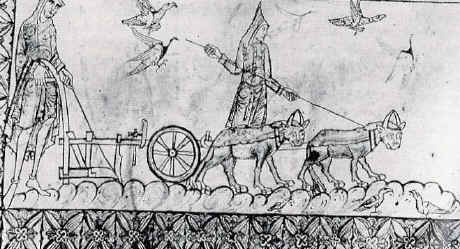
knight, vassal
fealty
fief
feudalism
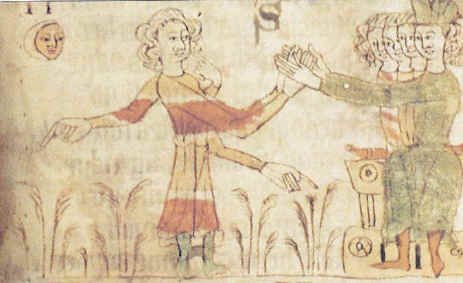
History 105--Lecture preparation and review
The High Middle Ages
STUDY QUESTIONS ON TEXTBOOK READING
Marc Bloch wrote about 'feudal society." How did a manorial economy support a feudal political system?
In what sense was the twelfth century a renaissance?
Medievalists argue that Catholic Christianity was the least common denominator of medieval European civilization. Why?
The universities were an urban phenomenon. Were they--and the towns which sprouted them--essentially un-medieval?
Why was Germany the early political leader of medieval Europe, and how was its primacy shattered?
The so-called "crisis of church and state divided the political and spiritual loyalties of Europeans. What was the result?
Barbarian social forms, Christian intellectual and spiritual life, and classical political models: did these unravel in the later middle ages?
Are the different models for assessing the close of the medieval world analogous to the major historiographical models for the close of antiquity?
TERMS FOR CLASS DISCUSSION AND REVIEW
MEDIEVAL SOCIETY
| demesne, serfs
manor, village open-field system heavy wheeled plow three-field rotation *commutation of unfree labor into money payments *manorialism |
 |
| *noble ethos
knight, vassal fealty fief feudalism |
 |
LATIN CHRISTENDOM
| cult of the saints
*Wallace-Hadrill, "cutting throa, but endowing churches" Cluny
reform orders, vita apostolica cult of the Virgin Peace of God, Truce of God Crusades Latin Kingdom Francis of Assisi, d. 1226 Order of Friars Minor Conventuals, Spirituals Dominic Guzman *Order of Preachers *mendicants |
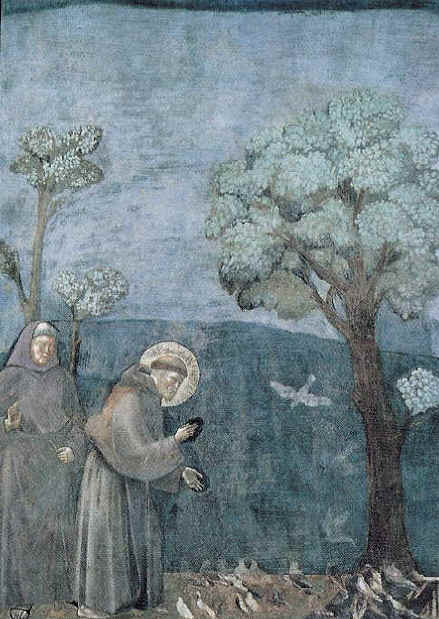 |
TOWN LIFE AND THE ORIGINS OF THE UNIVERSITIES
| Venice
"Stadtluft macht frei" double-entry bookkeeping, letters of exchange magnates, populares *communes Ghibellines, Guelphs guilds fairs classical humanismcathedral schools Bologna, Paris *universitas Abelard Heloise realism nominalism Thomas Aquinas |
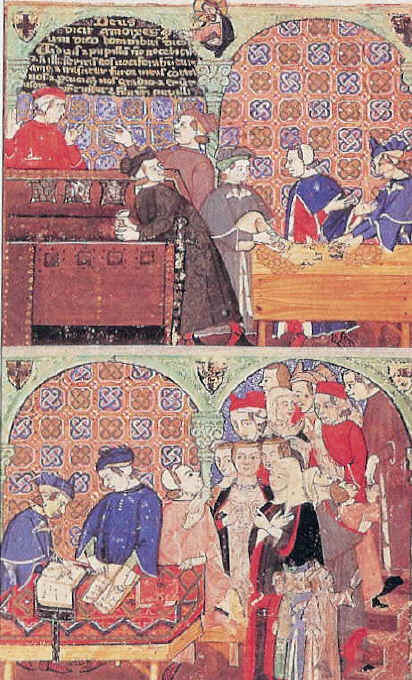 |
THE EMPIRE, THE PAPACY, AND THE KINGDOMS
| Otto the Great. Lechfeld 955
Saxons, Slains, Staufens ministerials lay investiture Henry IV Gregory VII, Hildebrand Canossa 1077 Frederick Barbarossa, Holy Roman Empire 1154 Innocent III, Fourth Lateran Council 1215, confession Frederick II, Antichrist Boniface VIII, Philip IV the Fair, Unam sanctam 1203 |
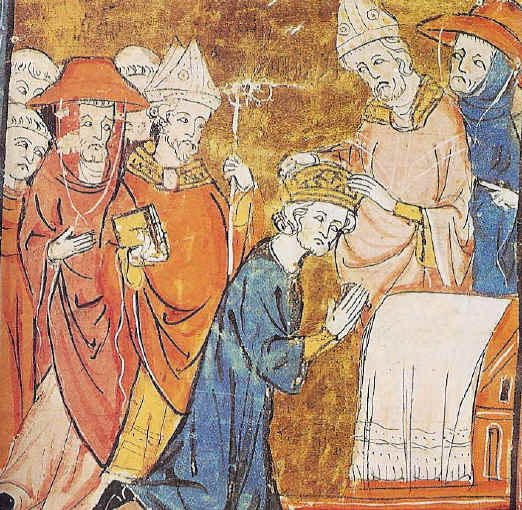 |
| Hugh Capet, Capetians
Ile de France Louis IX, Saint Louis William of Normandy, Conquest 1066 Henry II Thomas Becket jury, writs, common law John, Magna Carta |
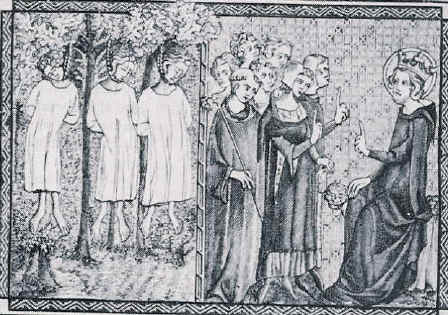 |
THE FOURTEENTH AND FIFTEENTH CENTURIES
|
fourteenth-century famines and *Jacqueries, Ciompi Black Death, 1348-50 Hundred Years' War Avignon Great Schism indulgences Catherine of Siena Brethren of the Common Life John Wyclif Jan Hus William of Ockham conciliarism, Council of Constance Dante Alighieri, Divine ComedyGeoffrey Chaucer, Canterbury Tales Petrarch, Boccaccio Christine de Pisan |
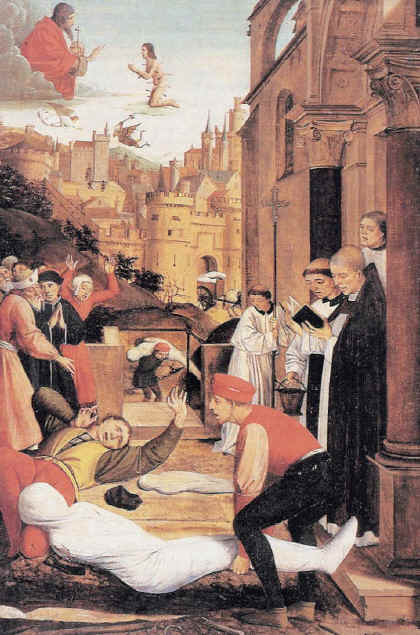 |
HISTORIOGRAPHY AND THE MIDDLE AGES
|
Burckhardt, Civilization of the Renaissance in Italy, 1860
Huizinga, Autumn of the Middle Ages, 1920s |
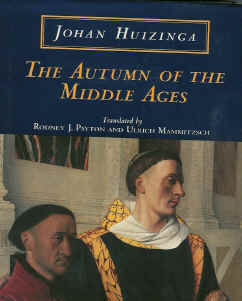 |